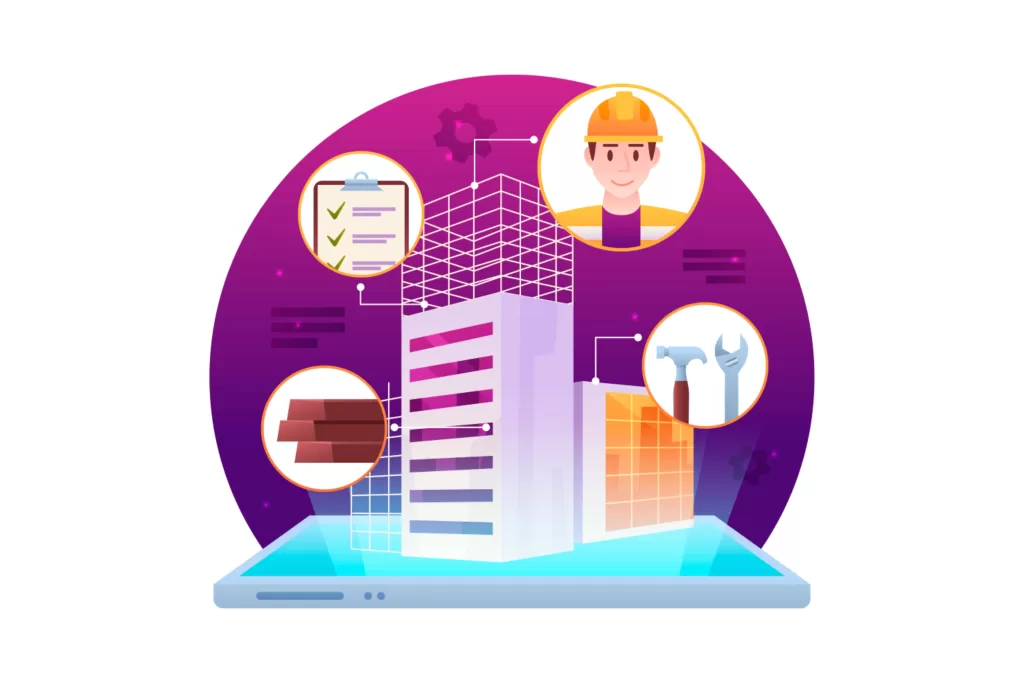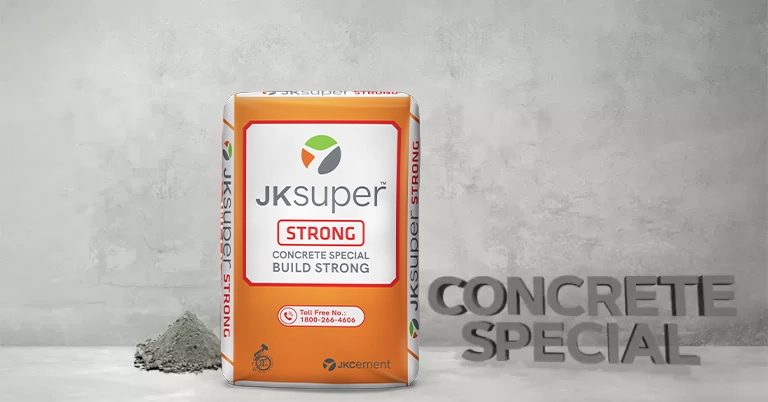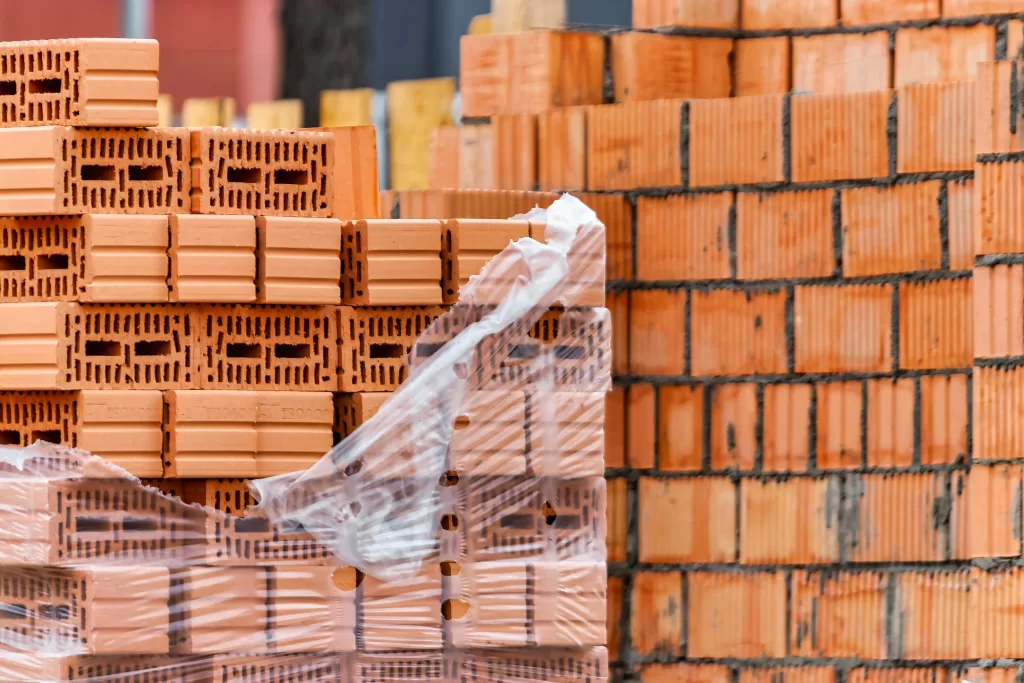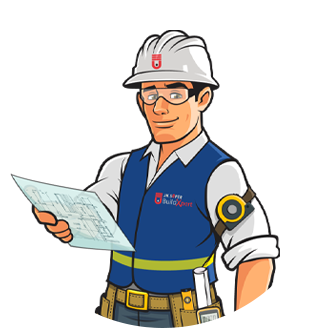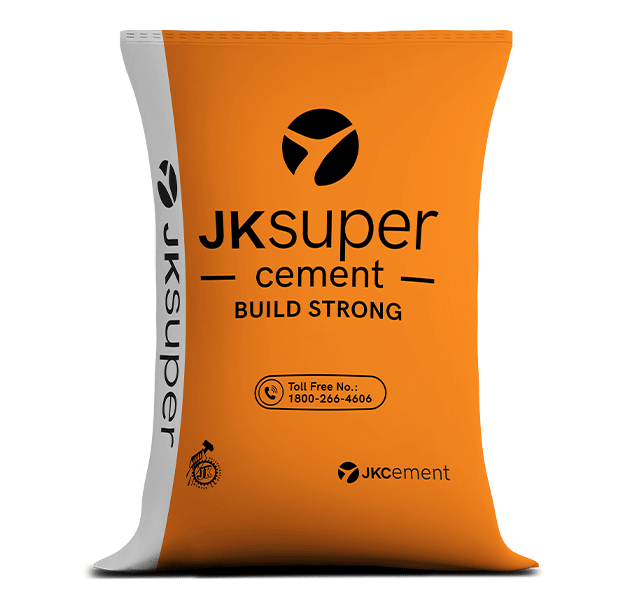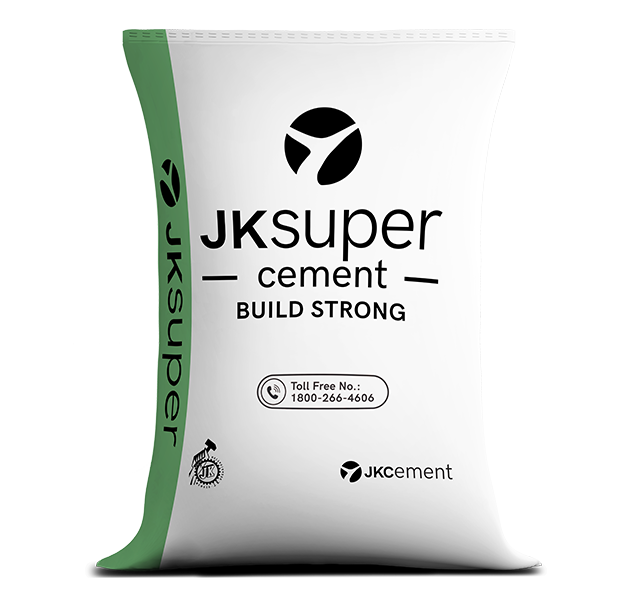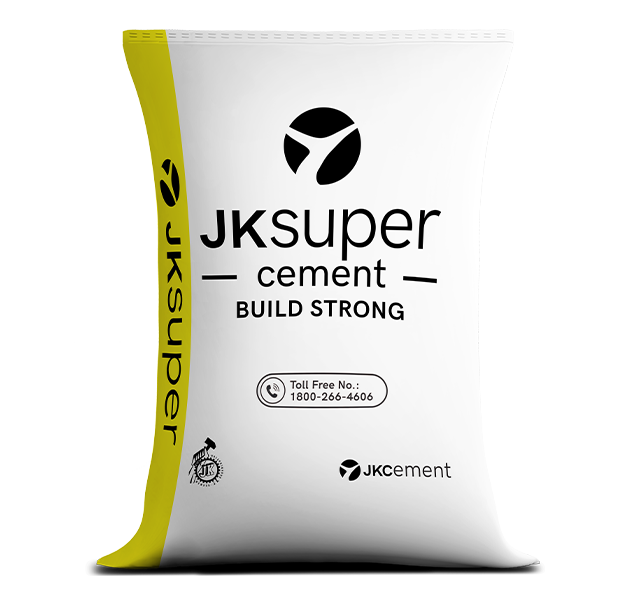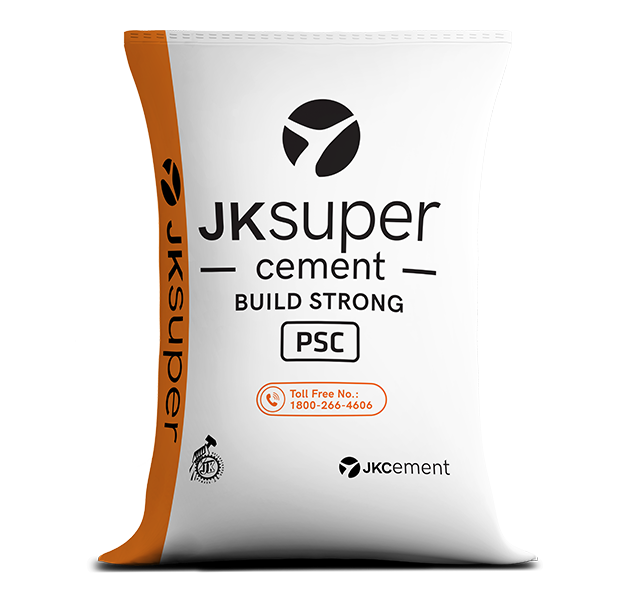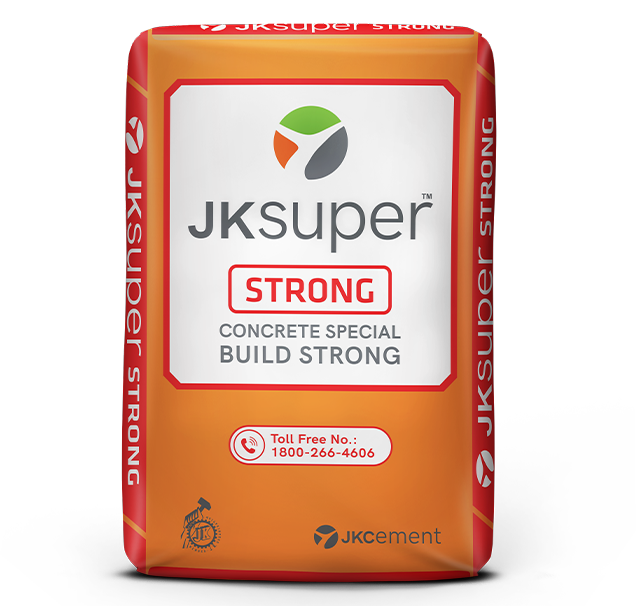Constructing a house is more than assembling a slab on four walls. To ensure the longevity and strength of the structure, proper planning, selection of the right materials and employing the right experts is necessary. By breaking down the entire construction project into stages, you can access a more efficient way to plan and design for the project. This way, you can save both, time and cost. Here, we will explore the various stages of construction and the timelines associated with each stage.
The Stages of Construction Planning
Effective construction planning can significantly impact the success of your projects. Specifically, we will focus on the different phases of construction management such as the Initiation Phase, Pre-Construction Phase, Procurement Phase, Construction Phase and Post-Construction/Closeout Phase.
Initiation Phase
The initiation phase serves as the foundation of every construction project. It involves creating a Project Initiation Document (PID) or similar document that outlines the project’s feasibility and requirements. During this stage, project managers conduct thorough research, analyse the project’s potential risks and benefits, and obtain the necessary permits and approvals. By properly initiating a project, you can set the stage for success. This phase involves feasibility tests and creating initial-level designs.
Pre-Construction Phase
The pre-construction phase focuses on detailed planning and preparation before construction activities commence. This stage involves site evaluation, selection of architects and engineers, obtaining construction drawings, securing financing, and coordinating with relevant stakeholders. JK Cement provides comprehensive solutions during this phase, including the availability of high-quality materials, expert guidance, and resources that help project managers streamline their planning process.
-
Common Challenges in the Pre-Phases of Construction
- Budget constraints to manage project finances while ensuring quality materials and services.
- Stakeholder coordination to ensure effective communication among architects, engineers and contractors.
- Permit delays due to slow approval processes from local authorities.
- Securing necessary materials and skilled labour in a timely manner.
Procurement Phase
The procurement phase involves acquiring the necessary materials, equipment, and services required to commence construction. During this stage, project managers collaborate with suppliers, negotiate contracts, and ensure timely delivery of materials. JK Cement, renowned for its reliable and durable building materials, aids project managers in efficiently procuring top-quality products that meet their project requirements. Hence, efficiency in this phase is vital to ensure construction timelines are met.
-
Common Challenges in the Procurement Stage of Construction
- Supply chain disruptions due to delays in the availability of materials.
- Unpredictable changes in prices of raw materials which influence the budget.
- Ensuring that procured materials meet specified quality standards.
- Dependability issues with vendors impacting project timelines.
Construction Phase
This is when the actual construction begins. The construction phase, often the most visible stage of any project, includes the actual execution and implementation of the construction plan. Efficient coordination between project teams, adherence to safety regulations and constant monitoring of progress is crucial to ensure timely completion. JK Cement’s product offerings play a pivotal role in enhancing durability, strength, and overall construction quality. After selecting the materials in the procurement phase, the construction phase further comprises the following:
- Foundation: A strong foundation helps distribute the load of the concrete structure to the ground.
- Pre-Slab: During this stage, the builder must run a series of checks on the reinforcements and formwork.
- Slab: This is when the concrete is poured into the formwork. Entrapped air from the concrete mix is removed using vibrators to make the concrete compact.
- Post-Slab: Post-slab stage includes letting the concrete cure. The strength of concrete increases with age, as moisture and favourable temperature are present for hydration.
Since the construction phase mostly comprises the mixing of concrete and related process, the quality of the construction cement is key.
-
Common Challenges in the Construction Phase
- Difficulty in finding skilled and affordable labour.
- Unforeseen weather conditions halting progress.
- Ensuring adherence to safety regulations at the construction site.
- Frequent modifications in project requirements impact timelines and costs.
Post-Construction/Closeout Phase
The final stage of construction involves inspecting completed work, addressing any outstanding issues, and delivering the project to the client. Project managers perform thorough quality checks, handle punch lists, obtain necessary certifications, and ensure customer satisfaction. JK Cement’s support extends even beyond the construction phase, with its range of post-construction solutions. You can avail of waterproofing systems, tile adhesives, and grouting materials, which enhance the longevity and aesthetics of the constructed structures.
-
Common Challenges in the Post-Construction/Closeout Phase
- Identifying and resolving outstanding tasks can be time-consuming.
- Meeting client expectations and addressing concerns.
- Compiling and finalising all necessary paperwork and permits.
- Delays in handing over the project due to unresolved issues or incomplete work.
Importance of Construction Planning
Proper planning is key to the successful completion of the construction project:
- It helps create a robust and efficient plan to ensure that every party involved in the construction process meets their timeline.
- It helps reduce rework that can impact the overall cost.
- It helps identify ways to minimise costs without compromising quality.
- It helps you to learn about the laws and regulations pertaining to construction.
- It ensures that all stakeholders are on the same page.
Need help with your construction plan? JK BuildXpert has you covered. Contact now!
What Is a Construction Process and How to Organise It?
Construction planning is a systematic process to outline the feasibility of a project from start to finish. The scope of work will be determined with a set schedule to allocate resources and define communication routes. Here are the key steps to effectively organise the stages of construction projects:
Project Initiation:
Describe the scope of the project using the project document. It outlines the resource requirements and budget estimates with stakeholder expectations and project requirements.
Project Plan:
In this step of construction, convert the project document into a comprehensive construction plan. Here, ensure that goals are specific, measurable, attainable, realistic, timely and mutually defined.
Execute Accordingly:
Create a comprehensive project timeline and assign responsibilities. Conduct regular team meetings to facilitate communication and clarify expectations.
Track Project Progress:
Monitor performance using key performance indicators (KPIs) to ensure alignment with schedule, budget and quality. Record progress to identify potential issues and adjust strategies as needed.
Close and Evaluate the Project:
Once the project is completed conduct a detailed evaluation to identify lessons learned and gather feedback from the team. This assessment will improve overall planning and execution for future projects.
How JK Cement Helps Through Every Phase of Construction Project Management
By supplying a diverse choice of excellent building materials, JK Cement’s building materials assist project managers at every stage of construction. Project managers can rely on JK Cement’s knowledge to identify the correct materials that satisfy their project needs, beginning with the initial planning and design phase. During the construction process, JK Cement assures that materials are delivered to the site on schedule, thus reducing delays. They also provide technical help to ensure that their goods are used and applied correctly. Finally, JK Cement provides post-construction support and maintenance services during the project completion and handover phase.
Effective construction planning is essential for the successful completion of any project. By segregating the various stages of construction, project managers can ensure a streamlined workflow and mitigate risks. JK Cement’s comprehensive range of building materials serves as an invaluable asset throughout each phase of construction, enabling project managers to achieve their goals efficiently. From initiation to post-construction, JK Cement remains committed to providing high-quality and reliable solutions that contribute to the overall success of construction projects.
Embrace the power of effective construction planning with JK Cement, one of the leading cement companies in the country, and witness your projects thrive in terms of quality, timeline adherence and budget control.
FAQs
Why is construction planning important?
Construction planning is crucial as it ensures that the project runs smoothly and meets deadlines, budget constraints, and quality standards. It helps to identify potential risks and challenges, creates a roadmap for project execution and aids in efficient resource allocation.
How does JK Cement assist project managers in construction project management?
JK Cement offers a range of building materials that aid project managers in each phase of construction. Their high-quality products, such as cement, waterproofing systems, tile adhesives, etc., ensure durability, strength, and aesthetic excellence.
How can project managers incorporate the steps of construction planning into their next project?
Project managers should allocate dedicated time for an extensive planning process and ensure all steps, such as feasibility analysis, obtaining necessary permits, securing financing, and coordinating with stakeholders, are addressed.

